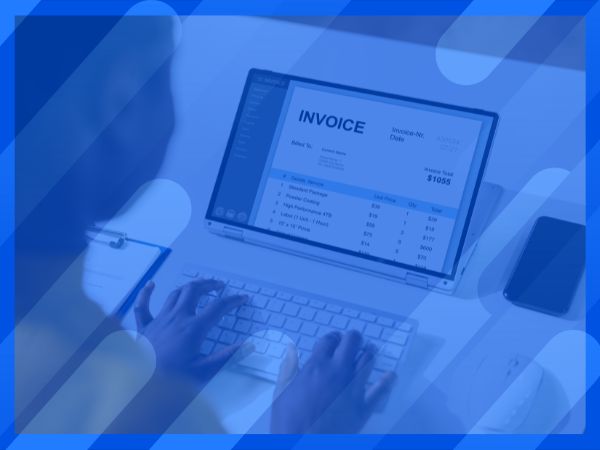Running a business can often feel like a balancing act, especially when it comes to managing cash flow. Waiting for customer payments can create a financial strain, hindering your ability to meet immediate obligations and capitalize on growth opportunities. Both invoice discounting and factoring offer solutions by providing early access to funds tied up in unpaid invoices. But which option is the right fit for your business? Let’s break down the key differences and help you make an informed decision.
Understanding the Basics
Both invoice discounting and factoring are forms of invoice finance that provide businesses with an advance on their outstanding invoices. However, they differ in their approach and the level of control they offer.
Invoice Discounting
Invoice discounting is a confidential financing option where you sell your outstanding invoices to a third-party provider (the discounter) at a discounted rate. You remain responsible for collecting payments from your customers, and the involvement of the discounter remains hidden.
- Confidential Financing: You remain responsible for collecting payments from your customers. The involvement of the invoice discounter remains confidential.
- Retains Control: You maintain control over your sales ledger and customer relationships.
- Higher Advance Rates: Typically offers higher advance rates (up to 90%) compared to factoring.
- Suitable for: Businesses with established credit control procedures and strong customer relationships.
Factoring
Factoring involves selling your invoices to a factoring company, which then takes on the responsibility of collecting payments from your customers. This provides you with immediate cash flow and outsources your credit control function.
- Outsourced Collections: The factoring company takes over the responsibility of collecting payments from your customers.
- Credit Control Support: Provides credit control services, including chasing late payments and managing credit risk.
- Lower Advance Rates: Generally offers lower advance rates (around 70-80%) due to the added services.
- Suitable for: Businesses seeking to outsource their credit control function or those with limited resources for managing receivables.
Key Differences: A Closer Look
| Feature | Invoice Discounting | Factoring |
|---|---|---|
| Confidentiality | Confidential (customer unaware) | Disclosed (customer informed) |
| Control over Sales Ledger | You retain control | Factoring company takes control |
| Collection Responsibility | You collect payments | Factoring company collects payments |
| Credit Control | You manage credit control | Factoring company provides credit control |
| Advance Rates | Higher (up to 90%) | Lower (70-80%) |
| Cost | Generally lower fees | Higher fees due to added services |
| Recourse | Typically recourse (you’re liable for unpaid invoices) | Can be recourse or non-recourse |
- Confidentiality: If maintaining confidentiality with your customers is crucial, invoice discounting is the preferred choice.
- Control: If you want to retain control over your sales ledger and customer relationships, invoice discounting is more suitable.
- Credit Control: If you lack the resources or expertise for effective credit control, factoring can provide valuable support.
- Cost: If cost is a primary concern, invoice discounting generally offers lower fees.
- Risk Appetite: If you’re comfortable assuming the risk of unpaid invoices, invoice discounting may be suitable. If you prefer to mitigate this risk, consider non-recourse factoring.
- Customer Relationships: If your customers are sensitive to third-party involvement, invoice discounting is the better option.
Advantages and Disadvantages of Invoice Finance
Invoice Discounting
-
Advantages:
- Confidentiality
- Control over sales ledger
- Higher advance rates
- Lower fees
-
Disadvantages:
- You remain responsible for collections
- May require strong credit control procedures
Factoring
-
Advantages:
- Outsourced credit control
- Reduced risk with non-recourse factoring
- Frees up time and resources
-
Disadvantages:
- Disclosed to customers
- Lower advance rates
- Higher fees
Making the Decision
Choosing between invoice discounting and factoring depends on your specific business needs and priorities. Carefully evaluate your cash flow requirements, credit control capabilities, customer relationships, and risk tolerance. Consider seeking advice from a financial professional to determine the most suitable option for your unique circumstances.
Beyond the Basics: Hybrid Solutions
In some cases, a hybrid approach combining elements of both invoice discounting and factoring may be available. This can provide a customized solution that addresses your specific needs and offers a balance between confidentiality, control, and credit control support.
Conclusion
Both invoice discounting and factoring offer valuable solutions for businesses seeking to improve cash flow and access working capital. By understanding the key differences, weighing the pros and cons, and considering your unique business needs, you can make an informed decision and choose the most suitable option to fuel your growth and achieve your financial goals.


